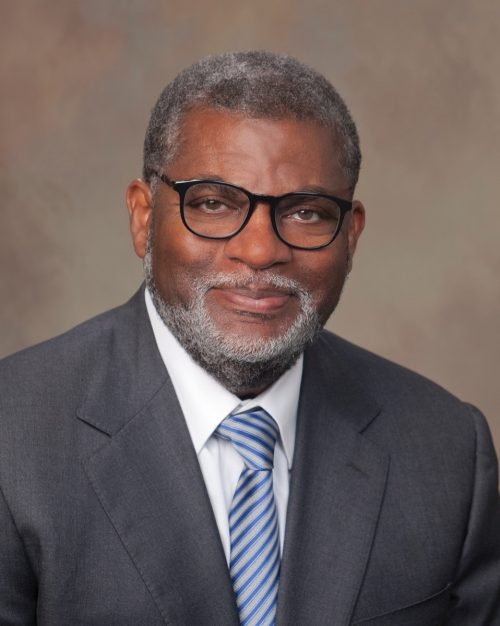
Episode 186: Educate, Register, Engage and Mobilize
It’s time to get primed and prepped for the midterm elections. L. Joy walks us through step by step how to on creating a report card for your elected officials, grading them, then engaging them. Next, L. Joy brings Nse Ufot back to the front of the class to discuss the continued laser focused work of the New Georgia Project.

Episode 185: How Media and Technology Impact the Fight for Racial Justice
Media has always played a part in social justice movements. Cellphones, social media, and the internet give an immediacy and democratization to today’s media, for good and for bad. L. Joy brings Marc Lamont Hill and Todd Brewster to discuss their book, Seen and Unseen, our greater connectivity because of technology, and how all of this new media is used to amplify the voices of the marginalized.

Episode 184: We Need Dignity In This Digital Age
We are living in a digital explosion. Opportunities are seemingly everywhere but out of reach for too many Americans, especially those already marginalized. The pandemic has heightened the need to close the digital divide, expand education access to credentialed courses in the field, and an immediate call for a digital Bill of Rights. To have the conversation on how we bring dignity to this digital age, L. Joy brings self proclaimed Progressive Capitalist Congressman Ro Khanna to the front of the class.

Episode 183: We Need An Economic Bill Of Rights Now!
Franklin D. Roosevelt advocated for it in his 1944 State of the Union Address. Martin Luther King Jr. demanded it over 20 years later during the Poor People’s Campaign. Yet, we still do not have an Economic Bill of Rights. L. Joy brings Nina Turner to the front of the class to discuss how an Economic Bill of Rights for the 21st Century would help close the wealth gap, the mortality gap, and bring us closer to MLK’s Beloved Community. L. Joy closes out the episode with a meaningful commentary on values.

Episode 182: Being Poor Is Expensive
Check cashing places, payday loan lenders, car title loans, and flex loans are examples of predatory financial products that are pretty much the only resort for people living in low income areas. With repayment rates of up to 400%, how do people who are starting off with less survive if they continuously have to pay more? To break down what we need to know about predatory financial products and solutions to the problem that can help close the racial wealth gap, L. Joy brings Bill Bynum to the front of the class.

Episode 181: Reparations: History, Context, and Where We Stand Today
According to the United Nations, adequate, effective and prompt reparation is intended to promote justice by redressing gross violations of international human rights law or serious violations of international humanitarian law. Reparation should be proportional to the gravity of the violations and the harm suffered. To take us on a deep dive into the history and context of reparations and break down where we are today with correcting a great harm, L. Joy brings the esteemed Dr. Ron Daniels to the front of the class.
